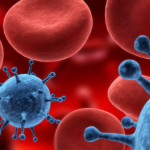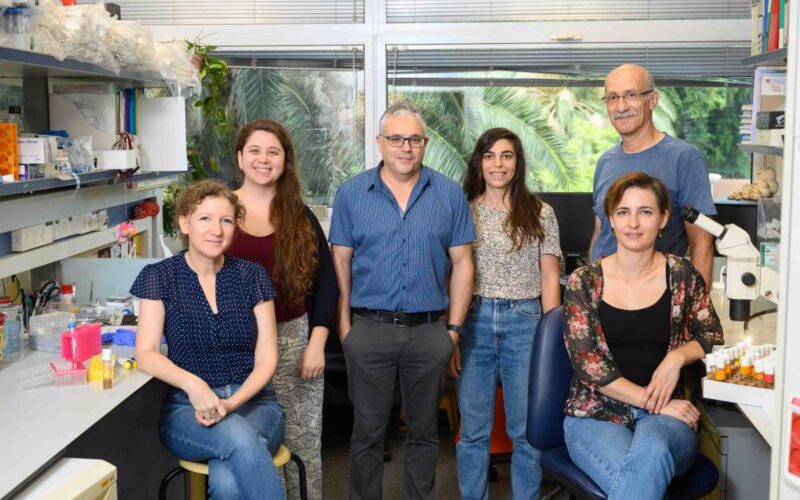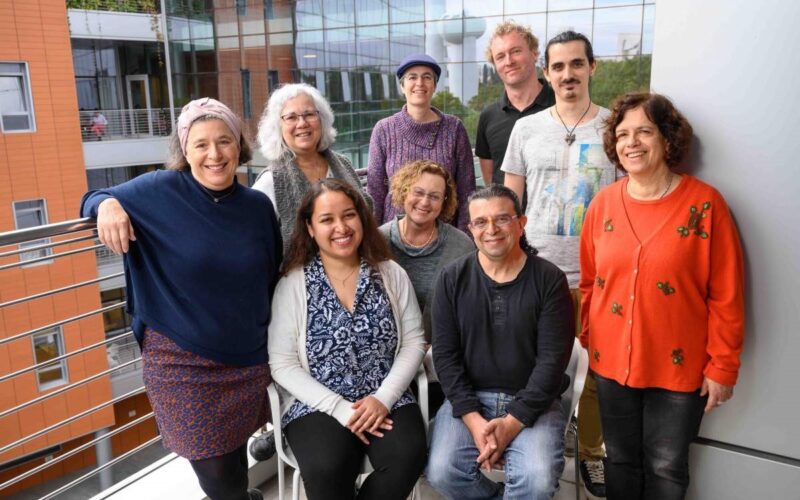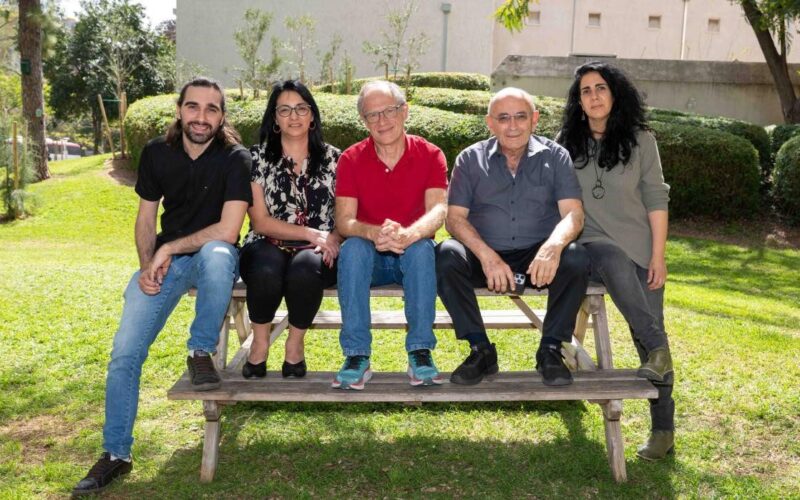
February 25, 2016
The body’s ability to turn certain genes on and off in specific cells at a precise point in time is essential to maintaining health. This fine control in regulating particular genes is complex and involves a new class of molecules called “micro Ribonucleic Acids” or microRNAs/miRs.
Joint research between the NHMRC Clinical Trials Centre (NHMRC CTC), University of Sydney, Australia and the Weizmann Institute of Science (WIS), Israel, supported by two-year seed funding provided by Weizmann Australia,* has enabled researchers to better understand the potential role of specific miRNAs in pancreatic beta cell failure, thereby leading to further research towards understanding early diagnosis of diabetes progression as well as possible treatment for diabetes.
The Israeli team led by Professor Michael Walker at WIS focused on the characterisation, control and development of these microRNAs while the Australian team led by Associate Professor Anand Hardikar addressed their regulation and characterization in clinical diabetes.
Pancreatic beta cells play a central role in regulating our body’s metabolism through their unique ability to synthesise and secrete the hormone insulin. Importantly, research shows that beta cell defects are a major cause of diabetes.
The joint two-year research not only looked at how miRNAs in pancreatic beta cells are affected by metabolic factors and how beta cell microRNA patterns change during diabetes progression, but also investigated whether they can be used to predict diabetes and its progression.
The research achievements were five fold.
First, the researchers studied the effects of altered hormonal and nutritional conditions on the production of miRNAs in beta cells. Exposure to insulin increased expression of miR-373 and miR-124; exposure to glucose lead to decreased expression of miR-375; and exposure to the hormone exendin, lead to decreased miR-30d, miR-124a, miR-338-3p expression whilst miR-375 was increased. These results provide a better understanding of how different miRNA’s in pancreatic beta cells react under metabolic conditions, and providing a basis for future studies of the yet unknown mechanisms that control the regulation of miRNAs.
Second, the researchers used a cell culture model of type 2 diabetes and beta cell stress. To activate this stress, a drug (thapisargin), was used to generate data on the types of miRNAs that were detected at higher or lower abundance in diabetes progression. In a separate stress analysis they also found a dramatic reduction of the expression of the urocortin 3 gene, which is required for insulin secretion from beta cells. This is important as the gene is considered to be a valuable tool in developing future beta cell replacement therapy. These results can help scientists further understand what goes wrong in the diabetic beta cell.
Third, the researchers successfully completed assessing a panel of around 800 different miRNAs in the human pancreas from individuals with and without type 2 diabetes. Identifying the miRNA signatures in type 2 diabetes progression will lead to further research to validate these using the huge volume of data (hundreds of thousands of samples) available to Australian researchers at the NHMRC CTC.
Fourth, to assess the expression of miRNAs in human pancreatic cells at the single cell level, samples and resources have been developed and experimental analysis is ready to begin.
Fifth, to use miRNA’s as predictors of diabetes progression, researchers are beginning to validate their miRNA signatures to test their predictive powers. This is being done to understand their suitability as a clinical biomarker or prognostic tool. As part of another clinical study, a Weizmann Australia funded researcher from the Hardikar lab was invited to give an oral presentation at the European Association for Study of Diabetes meeting in Stockholm, Sweden in September 2015. Several more presentations of the current work are expected in the coming months.
The future of this research is strong as these two years have produced significant discoveries thanks to Weizmann Australia funding. This joint study also strengthened the ties between the participating labs, including regular communication, and visits of Professor Walker to Sydney and Professor Hardikar to Rehovot. Hence, the objective of connecting Australian science to Israeli science was highly successful.
In addition, there were accolades and more funding. Professor Hardikar’s research plans to expand on the predictors to type 1 diabetes was recognised by the 2016 Juvenile Diabetes Research Foundation (JDRF), Australia and Macquarie Group Global Innovation Award. As part of this award, he will again visit Israel to spend time towards developing novel methods for laboratory analysis of these predictors. Professor Hardikar also received further funding from the JDRF Australia Clinical Research Network to validate signatures of miRNAS and cell free DNA that his team has discovered.
Publication of results of this research is currently in preparation.
* These grants were funded by a group of Australian donors. We thank them for their generous and visionary support of this program.







